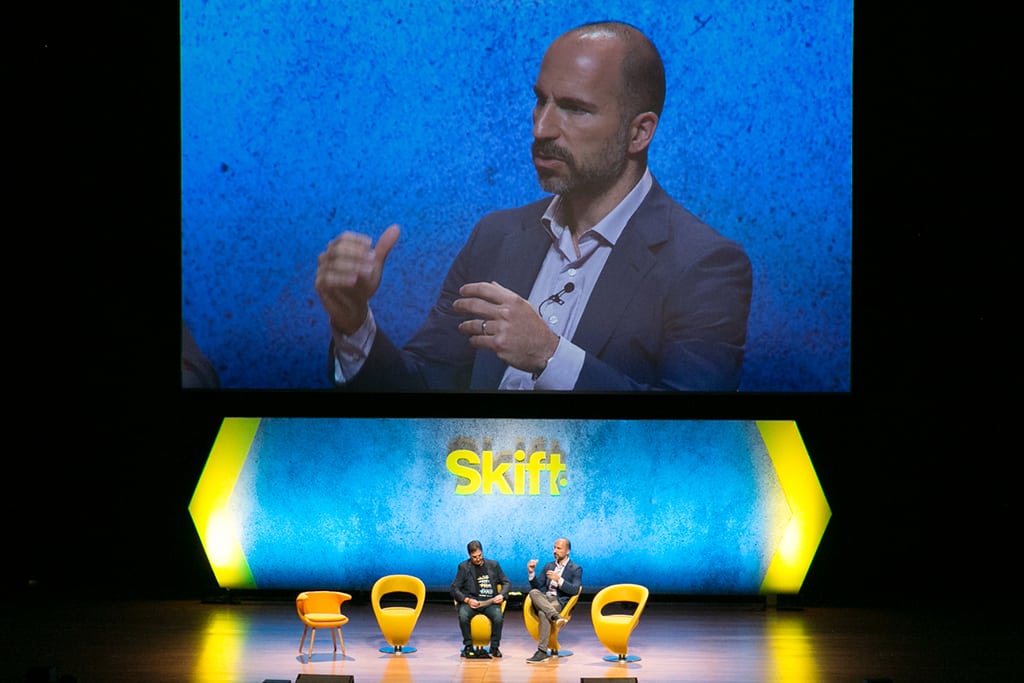Expedia CEO Likes Airbnb's $30 Billion Valuation for Selfish Reasons

Photo Credit: Expedia believes that it can turn HomeAway into a unicorn in terms of global scale. Pictured is Expedia CEO Dara Khosrowshahi speaking at Skift Global Forum 2016. Skift
Skift Take
Critics of Expedia Inc.'s 2014-2015 acquisition spree appear to have had a valid point: These sorts of mergers and integrations can be very distracting and complex. Expedia has felt the pain now in the second and third quarters and could be in for some more until it get can get things back on course. Expedia's competitors will take advantage.


